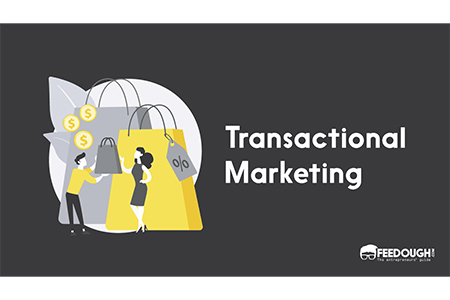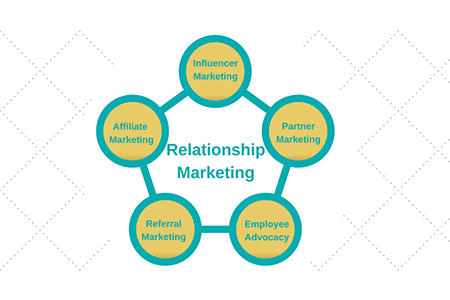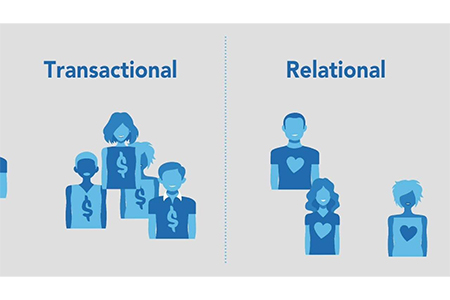What is Transactional Marketing?
Transactional marketing is focused on producing individual sales with minimal concern for brand loyalty or customer retention. It's about quick conversions, attempting to maximize short-term revenue with compelling offers, promotions, or limited-time promotions. Rather than creating long-term relationships, it's more about promoting the product or service itself and acting now. In highly competitive or high-growth markets, such as retail or e-commerce, transactional marketing is often used to generate sales objectives in a rush. While great at building quantity-driven goals, it doesn't offer follow-up contact. But, when used strategically, transactional marketing is a fine way to lead into more in-depth marketing campaigns that eventually build relationships and loyalty. It's quick, effective, and inexpensive, ideal for sales-driven campaigns.

What is Relationship Marketing?
Relationship marketing is a long-term tactic that concentrates on developing solid, long-term connections with customers. It steers clear of concentrating on a one-time transaction and develops loyalty through repeatedly providing value and customized experiences. It is extremely customer-centric, emphasizing trust, satisfaction, and interaction over the long term. Relationship marketing brands are likely to get repeat business, word-of-mouth, and customer lifetime value. It's very strong in firms where trust and personal service are paramount, like financial services, healthcare, or subscription products. Through emotional bonding and ongoing conversation, relationship marketing converts customers into champions. It's a people-first process that sees every touchpoint as an opportunity to make the bond more meaningful, beyond the sale.

Transactional vs Relationship Marketing
| Feature | Transactional Marketing | Relationship Marketing |
|---|---|---|
| Goal | Maximize immediate sales | Build long-term customer loyalty |
| Focus | Product or service | Customer experience and satisfaction |
| Customer Interaction | One-time or minimal | Ongoing and personalized |
| Success Metrics | Sales volume, conversion rate | Retention rate, lifetime value, customer engagement |
| Typical Channels | Ads, discounts, promotions | Email marketing, loyalty programs, personalized outreach |
| Best For | Short sales cycles, high-volume industries | Relationship-based services, subscription models |
| Emotional Engagement | Low | High |

Frequently Asked Questions (FAQs)s
These days, fast conversions with deals targeted at specific segments are the core of transactional marketing, with automation and data-based campaigns servicing high-speed markets such as retail or online shopping.
Concerning occasions where time and quantity matter most-product launches, festive sales, or fast-buying-cycle industries such as fast fashion or electronics thrive.
It thrives well with industries where customer trust and satisfaction are very important, such as healthcare, finance, or subscription services, wherein long-term customer loyalty fuels profitable business growth.
Indeed. Hybrid marketing strategies entertain both short-term revenue generation and customer loyalty, so they enable short-term profits and long-term business growth.
Since customer retention is created, thereby raising the lifetime value and reducing churn means long-term gains from goodwill that typically override the short-term sales peaks.



